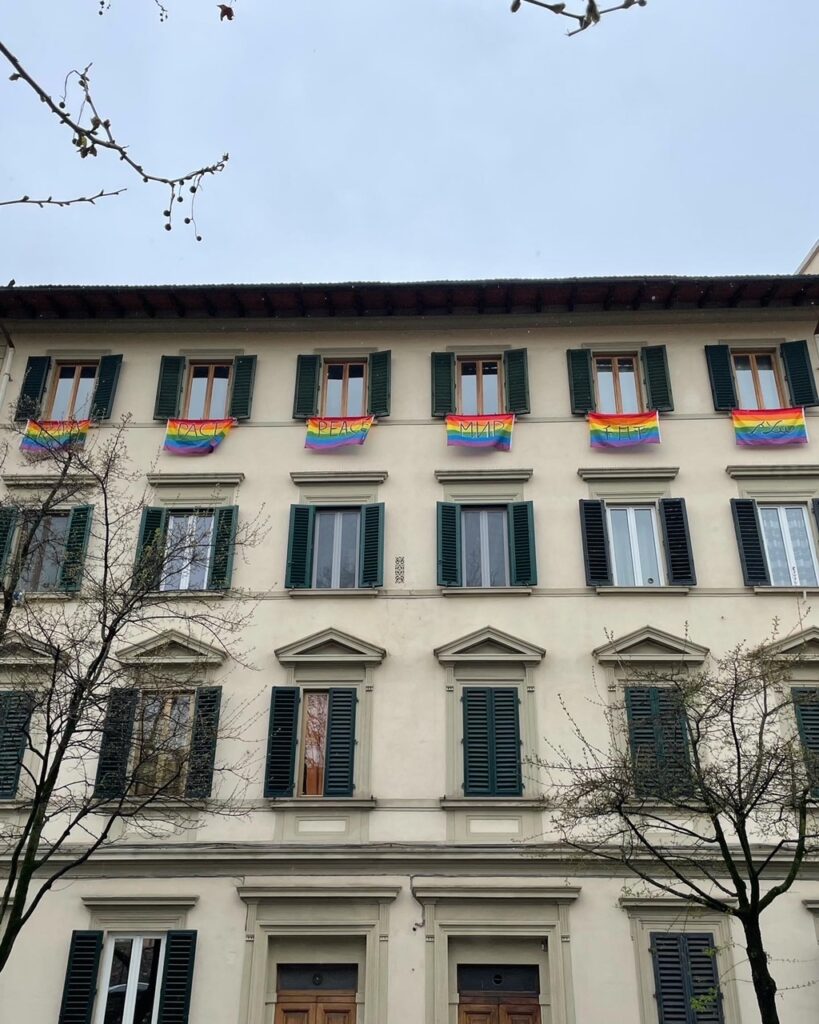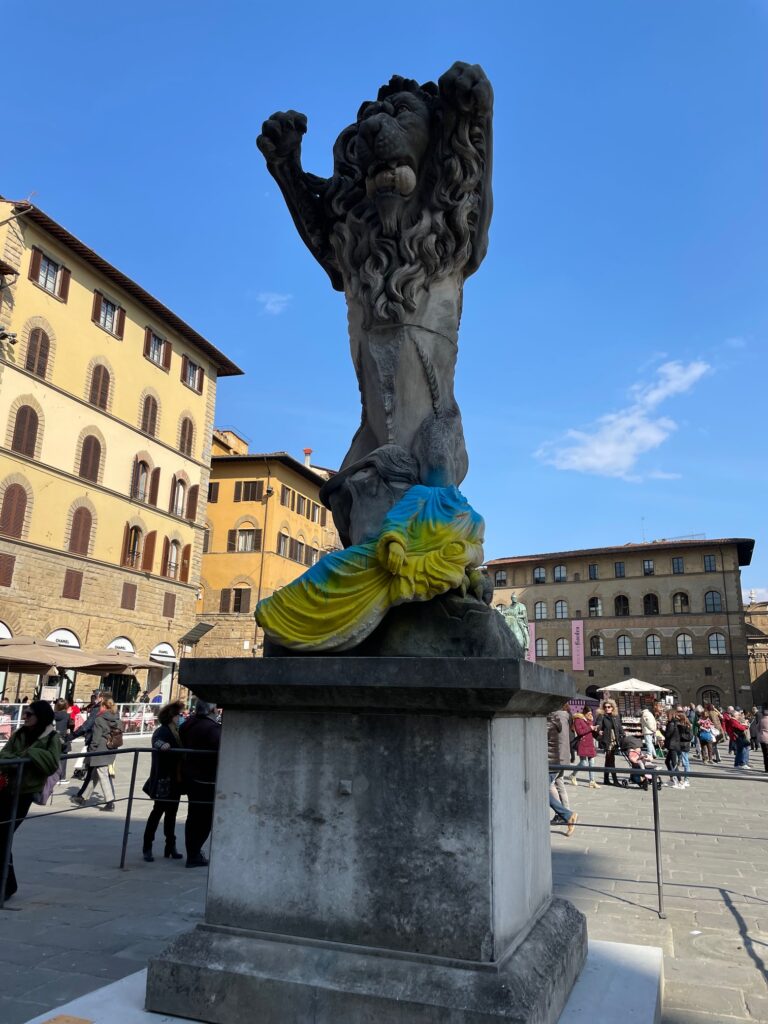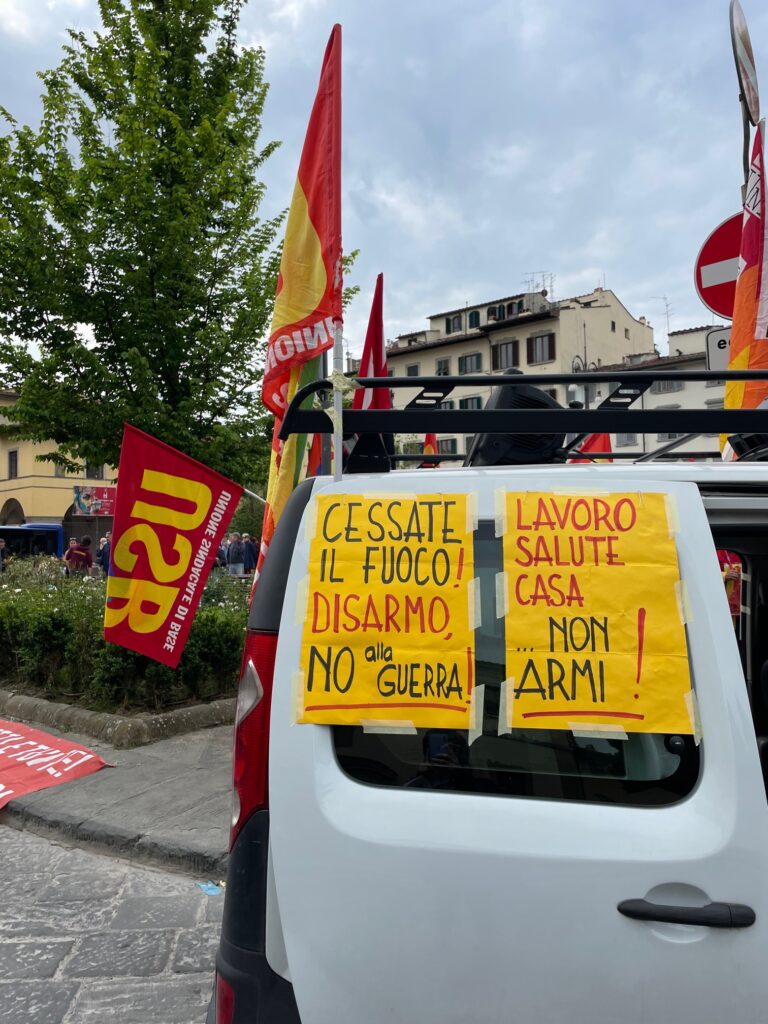Street-level accoglienza (reception) is a concept that I developed while doing ethnographic research on migrant reception and solidarity initiatives in the Central Mediterranean between the years of 2014 and 2019. The concept is derived in part from Michael Lipsky’s “street-level bureaucrats”, i.e., those state actors who are thought to enact policies and give them shape through their everyday interactions within the spaces of bureaucratic institutions. Examples of street-level bureaucrats might include officials at sites of processing asylum paperwork, approving access to social services such as welfare payments or subsidized housing, and issuing health care cards and benefits.
However, in contrast with street-level bureaucrats, street-level accoglienza is intentionally a more capacious concept that includes and acknowledges those on the frontlines such as social workers, volunteers, healthcare professionals, and other service providers who are in daily, routine contact with migrants and perform activities theoretically carried out by state institutions.

Accoglienza is the Italian word for migrant reception but translates roughly as “hospitality”. Hence, street-level accoglienza is in explicit reference to those street-level, frontline workers implementing the process of migrant reception. Yet, street-level accoglienza can be neither reduced to humanitarian assistance nor considered as a politically radical enterprise. Sometimes street-level accoglienza bleeds into more radical spaces such as grassroots solidarity initiatives focused on improving collective material and psychosocial wellbeing and mobilizing for political change, but these spheres are distinct.
In response to the war in Ukraine and the millions who have been displaced and sought refuge throughout Europe, there has been an unprecedented upswell in street-level accoglienza. Those countries surrounding Ukraine such as Poland, Moldova, and Romania, as well as cities farther west, have been sites of humanitarian assistance and street-level accoglienza as churches, schools, and neighborhood groups provide refugees a range of basic amenities such as shelter, food, and medical supplies.

The city of Florence, Italy – a sister city of Kiev and where I’ve been residing since early March as a Fulbright Schuman fellow – has received thousands of refugees, including many unaccompanied children. While the mayor of Florence Nardella has pledged material support to aiding Ukrainian refugees and providing them with housing in local hotels for instance, much of the work of reception is being implemented through the generosity of volunteers. Notably, Florence was the site of one of the largest anti-war protests in Italy since the start of the war. This is all happening, of course, amid criticism toward Italy and the rest of Western Europe around racialized logics of deservingness that have privileged compassion toward certain displaced – predominantly White – displaced populations and perpetuated exclusion and denigration of others.
Importantly, the activation of street-level accoglienza has been increasingly necessitated through the continuing neoliberalization of states and individualization of responsibility that has translated to a devolution of care away from the collective. At the same time, those working within the realm of street-level accoglienza encounter myriad political and economic constraints and frequently feel powerless when it comes to thinking beyond basic needs and survival.

Yet, as my work on solidarity initiatives in Sicily over the past decade attests, there is also great potential at the fringes of street-level accoglienza. It is at the fringes where we can often observe a radicalization take place wherein those serving as proxies for the state transform their frustration and rage into action and agitation. In short, street-level accoglienza is not only a frontline response to those who have been violently displaced but it is also a site of engagement and profound learning where those providing assistance come to understand how power works and how they are either helping to uphold or also living within structures of oppression.
Megan A. Carney is a sociocultural and medical anthropologist and currently a Fulbright Schuman fellow at the Migration Policy Centre. She is also associate professor of anthropology and director of the Center for Regional Food Studies at the University of Arizona. She is the author of two books, including the recent Island of Hope: Migration and Solidarity in the Mediterranean (University of California Press, 2021). Twitter: @megan_a_carney
Articles are written by Fulbright grantees and do not reflect the opinions of the Fulbright Commission, the grantees’ host institutions, or the U.S. Department of State.
